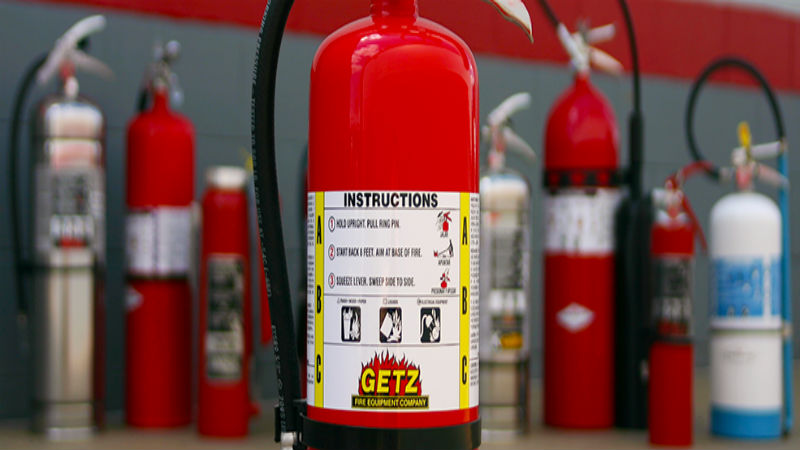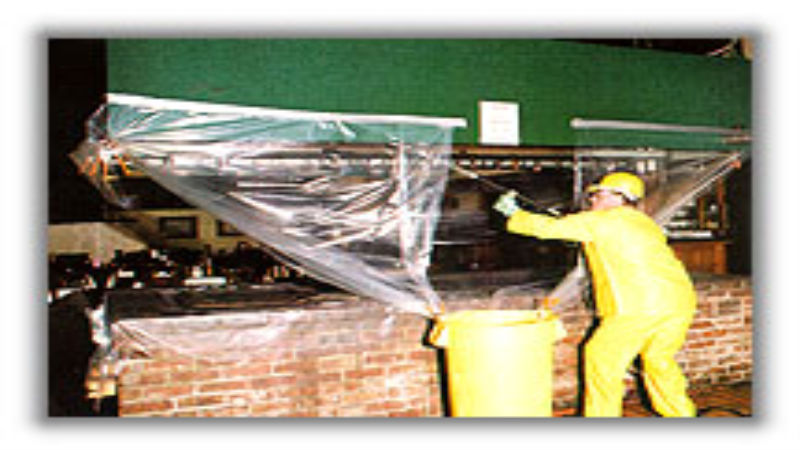You may be in charge of facilities or grounds of a larger property, and it probably has a long list of regular maintenance requirements. Yet, you might be unfamiliar with the need for fire pump testing in Illinois . Essentially, the fire pump is a booster that should be viewed as the heart of your fire protection system. This is because it strengthens the water supply should the main fail to provide the kind of pressure needed to keep a sprinkler system active during a fire.
Just imagine the scenario: Your fire alarm is triggered by a fire in one of the buildings or rooms in the property. The automatic sprinklers come on but the public water system doesn’t have enough pressure to feed it at the rate required for actual fire suppression. This means that fire may still grow and spread. If, however, the pump kicks on, it supplies the pressure and puts that fire out.
This is a simple illustration of why fire pump testing in Illinois is important; explaining how a pump just cannot fail if you want actual protection from the devastation of fires. Though pumps may be connected to its own water supply it does not mean it will activate when needed, and so regular fire pump testing in Illinois is a must.
Of course that brings us to the question of just what testing requires. In reality, it is a two-part answer because it is not just the testing but also the regular maintenance that can ensure optimal performance at all times. This is something best done by experts as it is imperative that everything works smoothly and effectively. Weekly tests involve checking the valves and piping. It is also important to check the automatic start feature on a weekly basis and the pump controls, water supplies and engine conditions.
Monthly tests should look at the condition of the engine that runs the pump and ensure that batteries and battery cables are in good shape. Annually, fire pump testing in Illinois should look at water flow. This measures the amount of water capable of being suctioned into the system and discharged out. Pressure testing is important and most tests also look at such issues as couplings. Water is often run through a hose header or hydrant and into a safe location. Clearly, this is why experts are essential to the process and why you must put this on your regular maintenance list if you are tasked with the safety of a building or larger facility.



